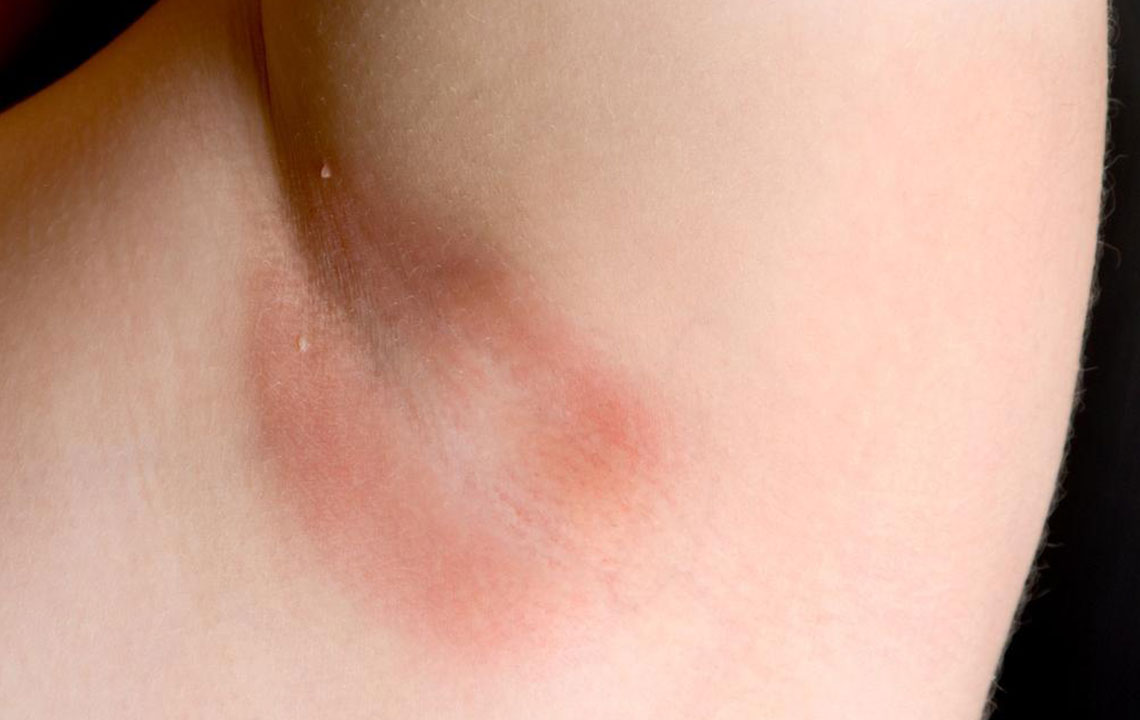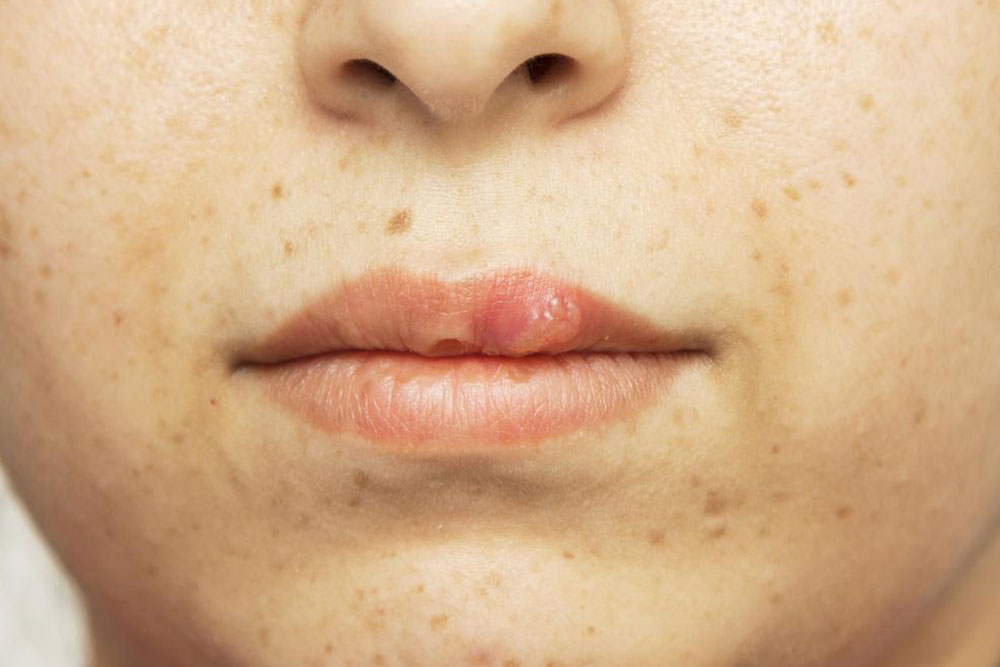Natural and Effective Remedies to Alleviate Sun Sensitivity and Skin Reactions
Discover natural, effective remedies to relieve sun sensitivity and skin reactions, including soothing aloe vera, herbal teas, cold compresses, and protective skincare tips. Learn how to manage symptoms and protect your skin during sunny months with safe, natural solutions tailored for sensitive skin. Embrace these tips to enjoy summer comfortably and prevent long-term skin damage from sun allergies.

Natural and Effective Remedies to Alleviate Sun Sensitivity and Skin Reactions
Summer is a season celebrated worldwide for outdoor activities, beach trips, and enjoying sunny days. However, for individuals with sun sensitivity or sun allergies, this time of year can pose significant challenges. Sun allergy, known medically as photosensitivity, triggers intense skin reactions such as itching, burning, redness, and rashes, often hours after exposure to sunlight. These reactions are not only uncomfortable but can also lead to long-term skin damage if not managed properly. While avoiding sun exposure is the most straightforward way to prevent symptoms, it is not always feasible, especially during outdoor activities or travel. Fortunately, there are numerous natural remedies and preventive measures that can help soothe the skin, promote healing, and reduce the severity of symptoms, allowing individuals to enjoy summer safely.
Understanding Sun Allergy
Sun allergy or photosensitivity occurs when the skin reacts abnormally to ultraviolet (UV) rays from the sun. This condition can be caused by various factors, including genetics, certain medications, or environmental triggers. Common symptoms include hives, blisters, redness, and intense itching. Some individuals experience delayed reactions, where symptoms appear several hours after sun exposure, making it more challenging to identify the cause. Managing sun allergy involves both preventive measures to minimize exposure and effective natural remedies to alleviate symptoms when they occur.
1. Aloe Vera Gel for Skin Soothing and Healing
Aloe vera is renowned for its soothing, anti-inflammatory, and healing properties. Its gel penetrates deep into the skin tissues, providing immediate relief from irritation and aiding in the repair of damaged skin caused by sun exposure. Applying pure aloe vera gel can reduce redness, itching, and burning sensations associated with sun allergy. For best results, use high-quality store-bought aloe vera gel, or harvest fresh aloe leaves, cut open, and extract the gel directly. Before applying, perform a patch test on a small skin area to ensure no allergic reaction occurs. Aloe vera also provides hydration, preventing dry, cracked skin that can exacerbate discomfort.
2. Black and Green Tea Treatments for Skin Calming
Applying cooled black, green, or chamomile tea bag compresses offers natural relief from sun-induced skin irritation. Tea contains tannins and antioxidants that help calm inflammation, reduce swelling, and promote healing. To use, brew a strong cup of the desired tea, let it cool to room temperature or refrigerate for faster cooling, soak gauze or clean cloth in the tea infusion, then gently place it on affected areas. This method provides a cooling sensation that soothes pain and helps reduce redness and swelling. Repeat as needed, typically multiple times per day for maximum benefit.
3. Cold Compresses to Reduce Pain and Swelling
Cold compresses are a simple yet highly effective natural remedy for sunburn and skin reactions. Wrap some ice cubes or frozen peas in a soft cloth or use a commercially available cold pack, and gently apply it to the affected areas. Keep the compress in place for 15 to 20 minutes, taking care not to apply directly to the skin to prevent frostbite or further damage. Cold therapy reduces skin temperature, alleviates burning symptoms, minimizes swelling, and can help speed up the healing process. Repeating this several times a day can bring significant relief.
4. Moisturizing with Natural Creams
After applying cooling treatments, restore the skin’s moisture barrier with gentle, natural moisturizing creams. Look for formulations containing aloe vera, vitamin E, or chamomile, which soothe inflamed skin and promote regeneration. Adequate hydration prevents dryness, scaling, and further irritation. Use a fragrance-free, hypoallergenic moisturizer, and apply generously over the affected skin to maximize healing. Consulting a healthcare professional for tailored recommendations can ensure you select the most suitable products for your skin type and condition.
Tepid Showers to Calm Sensitive Skin
Switching to lukewarm or tepid showers instead of hot water can significantly reduce skin irritation caused by sun damage. Hot water strips moisture, intensifies inflammation, and can lead to blistering or peeling. Gentle, tepid baths or showers help soothe the skin, diminish inflammation, and provide instant comfort. Use mild, fragrance-free cleansers to avoid further irritation. Pat the skin dry with a soft towel rather than rubbing, and apply moisturizer immediately afterward to seal in hydration and support the healing process.
Oatmeal Baths for Natural Anti-Inflammatory Relief
Oatmeal is a traditional remedy for skin irritation thanks to its anti-inflammatory and soothing properties. Grind plain oats into a fine powder and add to a warm bath. Soaking in oatmeal water for 15-20 minutes helps reduce redness, itching, and inflammation caused by sunburns or photosensitivity. Oatmeal forms a protective barrier, eases discomfort, and promotes faster healing. Several commercial bath products based on colloidal oatmeal are also available, providing an easy alternative for soothing sensitive skin.
Coconut Oil for Moisturizing and Skin Repair
Cold-pressed coconut oil is an excellent natural moisturizer that can help repair and nourish sun-damaged skin once initial inflammation subsides. Its fatty acids penetrate deeply, providing hydration and promoting skin elasticity. However, avoid applying coconut oil if blisters or open wounds are present, as its thickness might trap heat and delay healing. Use cold-pressed, virgin coconut oil, and apply a small amount gently over clean, cooled skin. Repeated applications can help restore moisture, prevent cracking, and facilitate overall skin recovery.
Honey’s Role in Wound Healing
Honey, especially medical-grade or Manuka honey, has potent antibacterial, anti-inflammatory, and healing properties. Applying a thin layer of honey directly onto sunburned or irritated skin can help prevent infection, reduce inflammation, and accelerate tissue repair. Its natural enzymes promote faster healing, and honey’s viscous texture creates a protective barrier. Be cautious when using honey, especially on children or sensitive skin, and avoid applying on open wounds or blisters if there's a risk of heat entrapment. Always opt for high-quality honey to ensure maximum efficacy.
Effective Sun Protection Strategies
Preventing sun reactions involves consistent use of high-SPF, broad-spectrum sunscreens that block both UVA and UVB rays. Apply generously on all exposed skin at least 15 minutes before sun exposure and reapply every two hours or immediately after swimming or sweating. Wearing protective clothing, wide-brimmed hats, sunglasses, and seeking shade during peak sunlight hours (10 a.m. to 4 p.m.) further minimizes UV damage. For sensitive skin, choose mineral-based sunscreens containing zinc oxide or titanium dioxide, which are less irritating and provide effective protection. Adopting these preventive measures can significantly reduce the frequency and severity of sun allergy flare-ups.
Topical Treatments for Severe Cases
When symptoms are intense or persistent, dermatologists may prescribe topical corticosteroids or other anti-inflammatory creams to help reduce swelling, redness, and itching. For severe or chronic cases, oral antihistamines or other medications might be necessary to control symptoms efficiently. Always consult a healthcare professional before using stronger medications to ensure proper treatment and avoid adverse effects. Integrating natural remedies with medical advice creates a comprehensive approach to managing sun sensitivity effectively.





